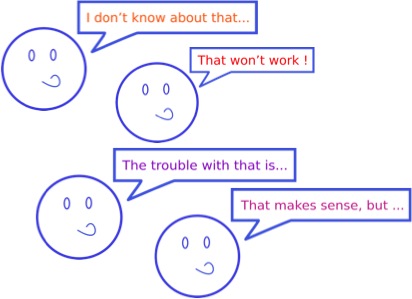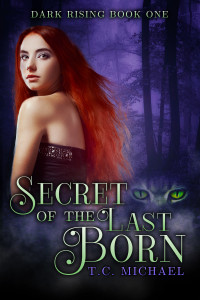Does it help or hinder your book to hire someone else to do the research?
That’s the question of the day. Some editing businesses offer to do writers’ research for them – for a fee, of course. While it may sound good to save yourself all that research time, is it really worth it? Will your writing suffer or lack depth if you write with research that’s handed to you instead of digging up the goods yourself?
The quality of the end result will answer those questions, but personally, I wouldn’t hand off researching my own work to anyone else even if they paid me instead of the other way around. When writers try to cut the time they spend on their books, it’s usually noticeable.
There are lots of potential pitfalls that come with giving someone else the responsibility of doing your research. Not only may a researcher determine some worthwhile things to be unimportant (let’s face it, we all think differently), but you won’t see the small gems hidden within the research that could trigger a new idea. Or it could lead to additional depth of a character, more chapters, a new subplot, or even the spark of a sequel or a whole other new book. You’re essentially depriving yourself – and your readers – of newfound knowledge.
Then suppose something in the researcher’s notes catches your attention and requires  further research – you’ll probably have to pay again, depending on your agreement and how much follow-up work needs to be done. You may end up taking the same amount of time or even more time in reviewing findings, amending requests, changing angles, asking questions, etc. Since you wouldn’t be doing the work yourself, you may need to keep redirecting the researcher or asking them to go back and look for more pieces of the puzzle or more credible information. In a worst case scenario, you may find that avenue isn’t working for your story and you need to go in an entirely different direction.
further research – you’ll probably have to pay again, depending on your agreement and how much follow-up work needs to be done. You may end up taking the same amount of time or even more time in reviewing findings, amending requests, changing angles, asking questions, etc. Since you wouldn’t be doing the work yourself, you may need to keep redirecting the researcher or asking them to go back and look for more pieces of the puzzle or more credible information. In a worst case scenario, you may find that avenue isn’t working for your story and you need to go in an entirely different direction.
You also need to be sure the researcher is at least double checking, if not triple checking, any facts they come up with. (I’m not talking about hiring a historian to do important fact-checking, I’m talking about a generic researcher who’s not particularly knowledgeable in any specific field.) We all know how much misinformation there is online, so you have to be sure they’re checking credible sites. Even book research can be outdated, so updated sources need to be checked too, especially when you’re dealing with historical fiction. Many old conclusions have been disproven when new information is uncovered over the decades.
I’m not against hiring researchers per se – the point is that I’m for the unexpected discoveries of doing it yourself. I’ve always found it adds richness, depth, and dimension to my own work that I’d never have known about otherwise.
How do you feel about doing your own research? Have you had any experience with a hired researcher?


 Well, they had. But there’s only so much original content creative writing courses can have. Each one dealt with a different aspect or specialty within creative writing, but there’s always that common ground that all creative writing classes have to cover.
Well, they had. But there’s only so much original content creative writing courses can have. Each one dealt with a different aspect or specialty within creative writing, but there’s always that common ground that all creative writing classes have to cover. come out of the house, since his living alarms had all gone off and were making more of a racket than Fourth of July fireworks.
come out of the house, since his living alarms had all gone off and were making more of a racket than Fourth of July fireworks.